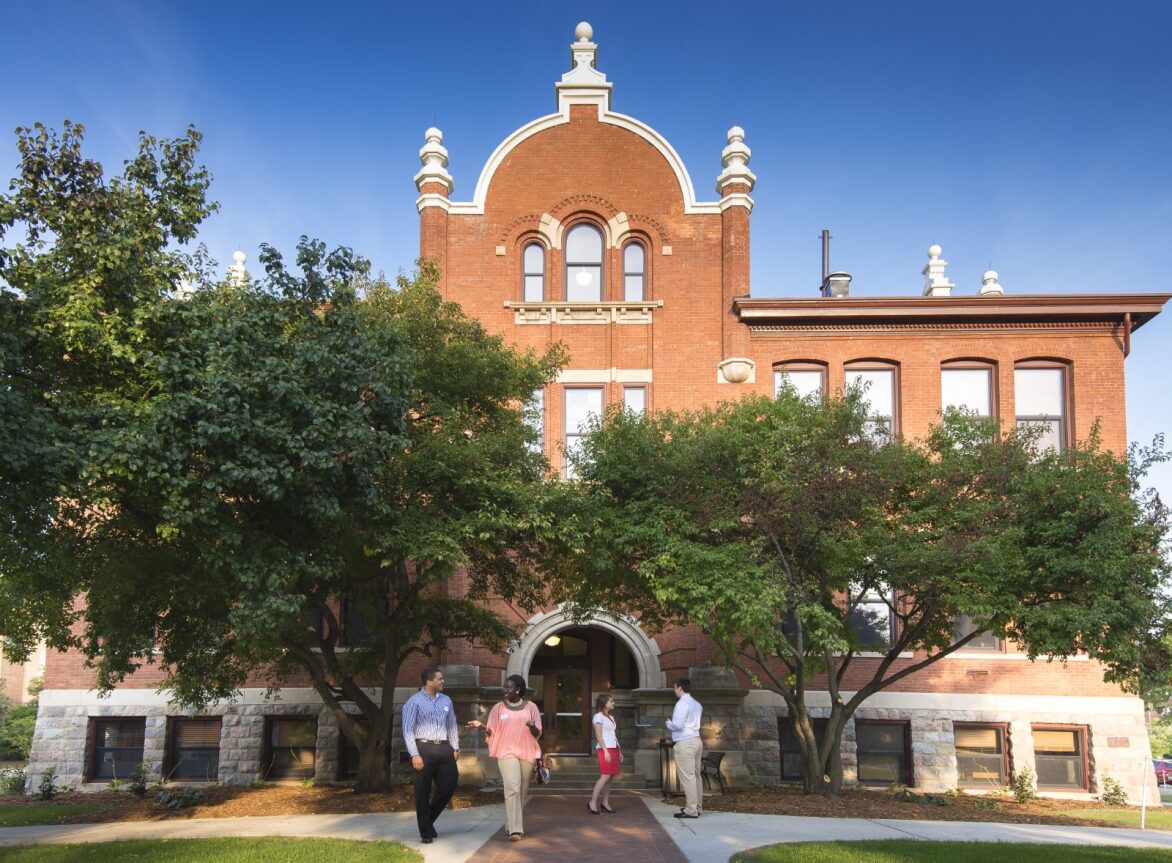Warren Samuels was a faculty member in the Department from 1968 until his retirement in 2001, when he returned to Florida.
Warren was born in 1933 in New York City. He graduated from the University of Miami, where he majored in economics, political science, and accounting, and minored in philosophy, in 1954. He completed his Ph.D. in 1957 at the University of Wisconsin under the direction of Edwin Witte. At Wisconsin, he studied economics in the institutionalist tradition of John R. Commons. This breadth of interests and competence would mark his research career. He held positions at the University of Missouri, Georgia State University and the University of Miami before joining MSU.
Warren was a great and prolific scholar, at one time the most published author on the MSU faculty. Warren worked in the history of economic thought but viewed it as a branch of intellectual history. Warren also made important contributions to the literature on economic methodology. In seeking a richer understanding of the philosophical and methodological underpinnings of various approaches to economics, past and present, he had no qualms about pointing out the ways that those underpinnings could hamper or mislead inquiry. In other research, Warren explored questions related to the joint development through history of legal and economic institutions. He worked with the fundamental assumption that economic and political power is often used to influence legal rules and institutions, which in turn affect the performance of economic institutions, often, but not always, in a way that reinforces the existing distribution of power and wealth. Warren’s goal was a positive analysis of this process in historical time, and its role in driving economic and political change as well as the content of economic and political thought.
Warren was driven by an intense intellectual curiosity. He recruited other scholars to help expand understanding of those questions—serving as the editor or co-editor of 40 volumes. His many interests led him to be an active member of a number of scholarly societies. He was a founding member of the History of Economics Society, recipient of the Veblen-Commons Award from the Association of Evolutionary Economics, and longtime editor of its Journal of Economic Issues.
Warren supervised the dissertations of many Ph.D. students who later went on to successful academic careers, and he is remembered in the scholarly communities in which he was involved for his incredible kindness and generosity to young scholars. Warren’s contributions to the encouragement of young scholars continues through the activities of the Warren J. and Sylvia J. Samuels Young Scholars program of the History of Economics Society, a program endowed by Warren and his wife Sylvia to support and highlight research in the history of economic thought by Ph.D. candidates and scholars who have recently obtained their Ph.D.s.
Samuels received the Distinguished Faculty Award from Michigan State University.
Warren and Sylvia lived in Okemos, Michigan. Warren died in 2011.

